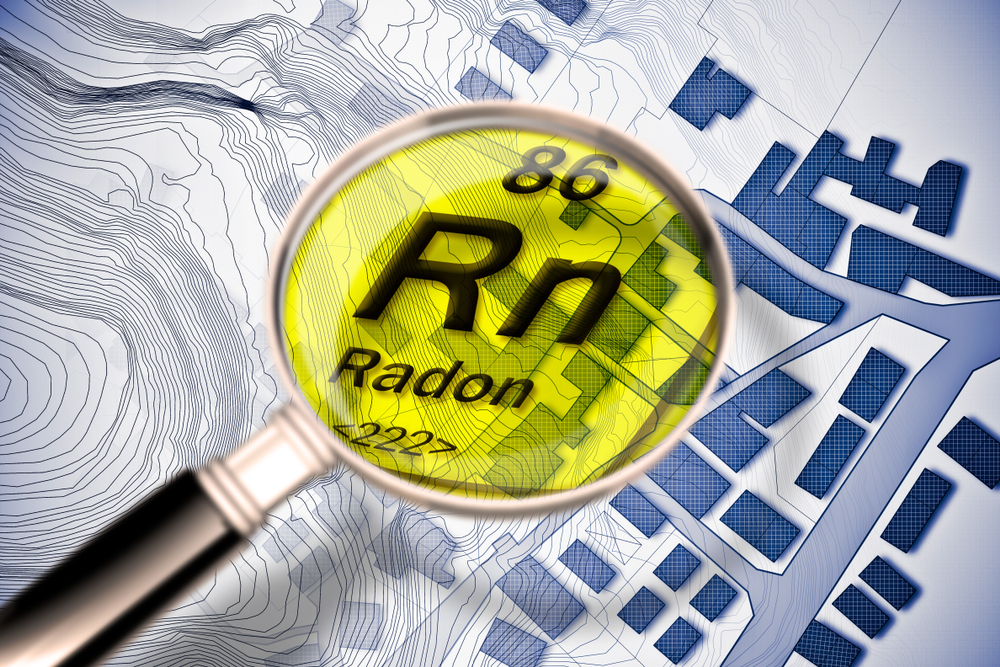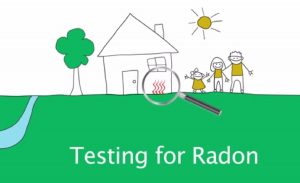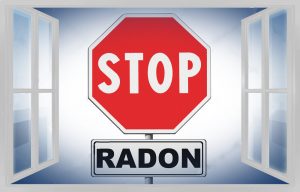If you have heard about radon gas but don’t think it’s going to be a major problem for you – you may want to reconsider. Radon is a gas. And as with most gases, it’s prevalent all around us. Do you own or rent a home for longer than 5 years? Have you never tested for radon?
Then this is your call to go get it tested now. Radon is a silent killer and it can come creeping up on you when you least expect it. However, there is no immediate need to panic. Implementing mitigating radon strategy and preventive measures can make your home safe and livable again.
What is radon?
Radon is a radioactive gas formed through radioactive metals like Radium and Thorium. When left underground, it decays among the soil and rocks releasing radon gas. This process can take as little as 4 days or many years depending on the metal.
When the gas is formed, it slowly seeps its way upwards and out of the ground.
This is why radon is present everywhere. Whether you’re at home, in your office, or just taking a casual stroll, you’re almost always exposed to the gas.
However, in the outdoors, the gas is highly diluted by the wind and other elements in the atmosphere to the point where its effects are negligible. It has been researched to be safe to breathe in such small quantities. The real problem is the accumulation of radon gas inside buildings.
Radon can seep slowly into your home through the small cracks in the foundation of the property. You cannot see or smell the gas so you won’t even know this is happening. As it enters the home, it will have nowhere to go if there is no proper ventilation. And even if there is, the gas can simply be carried to other areas of the house, especially if you have an HVAC system installed.
The truth is that there is no permanent solution to preventing radon gas. Radon will enter your home because of its abundance. We simply need to live around it and find ways to reduce radon levels to an acceptable level for habitation.
Why is radon dangerous?
Radon is not an immediate killer. However, it can have very serious health implications if left untreated for too long. As radon accumulates and becomes denser, you will be breathing in a lot more of the gas simply by living at home. When you breathe in, the radon particles will enter your body and settle on the lining of your lungs.
- These radioactive particles can decay quickly and damage the cells on your lung.
- If you are continually exposed to large quantities of these particles, it will eventually lead to lung cancer. This can happen anytime between 5 to 25 years of radon exposure.
- Radon-based lung cancer is the second leading form of cancer in the US. It’s only behind cigarette smoking.
- It is estimated that up to 22,000 people die due to radon caused cancer every year.
- While these numbers are not as high as cigarette smoking, they are all easily preventable deaths. Ensure you stay safe by taking precautions at home early on.
How can you go about mitigating radon?
Thankfully, there are multiple ways of mitigating radon. It can all be done within a few days of you reading this blog. For starters, there are two options available:
1. Buy a radon testing kit and test your home yourself
2. Hire radon professionals to inspect your home and give their recommendations. If you’re in a new home, then testing yourself would be an easier process. You can call a radon mitigation company if you find any problems. However, the safer method would be to call in the professionals who are experts in this field. Should they find radon problems, they can tell you what you need to do. Know how you can fix it using techniques such as setting up a gas-permeable layer. Atlantic radon team has reputed professionals who have the experience to tackle all radon problems. Make your home safe again by giving us a call at any time to schedule a free estimate!




